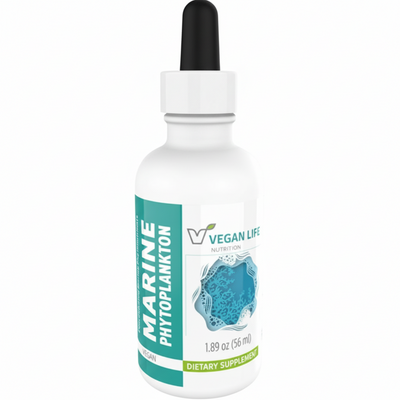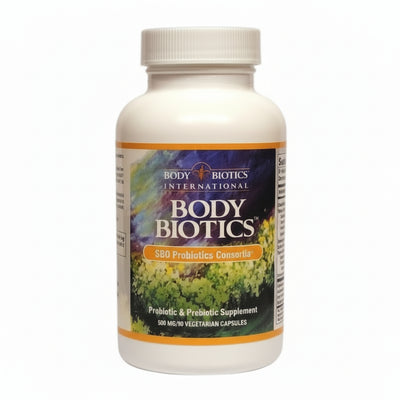Iron
Iron is essential to health and several body systems, though way oversold by iron tonic manufacturers. Now fallen to some disfavor as a supplement, since it seems to antagonize vitamin E (an essential antioxidant) thus doing as much harm as good in any excessive amounts. A good diet contains just enough, and that is exactly what you want and not very much more. A well crafted daily supplement should probably contain no more than 30% of the RDA, and best in a plant complexed form. Raisins and cherries are especially rich sources.
Iron has three principal functions in your body:
- Oxygen Transport – iron is part of the hemoglobin molecule that carries oxygen in the blood
- Cellular Energy Production – iron is required in the final steps of the production of energy from food.
- Removal of Harmful Free Radicals – catalase enzyme requires iron.
Deficiency Symptoms
fatigue, weakness, decreased resistance, pallor, anemia, brittle nails, hydrochloric acid deficiency, slow oxidation, low blood pressure, dizziness
Iron Excess Symptoms
liver disease, iron deposits in organs, arthritis, schizophrenia, high blood pressure, cancer, diabetes, cirrhosis of the liver, emotional problems, myasthenia gravis
Synergetic Nutrients
Absorption – phytates, phosphate, egg protein, manganese, zinc, nickel, chromium, copper, calcium, magnesium, cadmium, vegetarian diets
Hair Analysis Notes
Iron is referred to as the strength mineral.
High Hair Iron
- often associated with feelings of anger and hostility
- more often seen in fast oxidation
- often associated with high aluminum levels
- can be due to an iron loss due to the destruction of body cells
- iron toxicity can be due to iron cookware or excessive iron in drinking water
Low Hair Iron
- most often associated with a slow oxidation rate
- common to see iron levels around 10 ppm
- low hair iron does not necessarily indicate anemia
- low iron often seen with symptoms of fatigue
- taking iron tablets will not necessarily raise iron levels
Reasons for Iron Supplementation
- to raise low sodium levels
- to increase a low oxidation rate
- to lower elevated manganese levels
Sources
Seafood– clams, oysters
Nuts/seeds – pistachio, pine nuts, black walnuts, sesame, sunflower, pumpkin seeds
Vegetables – Irish moss, chives, parsley, soybeans, beans, spinach, leafy vegetables, beet tops, cabbage, broccoli
Grains – wheat germ and bran, rice bran
Miscellaneous – red wine, blackstrap molasses, sorghum, syrup, bone meal, yeast
Fruits – oranges, plums, cherries, grapes, raisins,, beet tops, chard, parsley, cabbage
Herbs – burdock root, nettle leaves,
The Effects of Iron on Personality
Keywords: strength, rigidity, a masculine mineral
Low Iron: tired, weak, wishy-washy, anemic, low energy
High Iron: rigid, angry, aggressive




